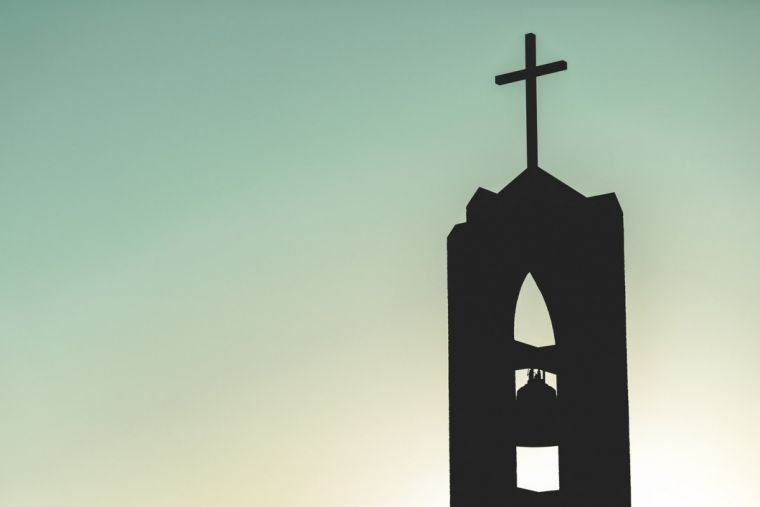Christians attacking parents of disabled children should know better

Violent hate crime towards people with disabilities has risen by 41% in the last year. Offences with an online element have gone up by 71%.
Of course, these are only reported crimes – these statistics don't include those that go unreported.
But the figures also show a drop in prosecutions. Around 84% of the reported crimes go nowhere, with not even a caution issued.
We know that hate crime towards children with additional needs rose by 148%, but there are no figures about the level of abuse the parents of children with additional needs and disabilities receive. And these parents do receive a lot, especially online.
I hear many stories about this, but almost all the parents I spoke to refused to give permission for their story to be told. This was both out of fear and not wanting to give the perpetrators any 'air time'. Sadly, many didn't feel able to tell people in their church what was happening either.
Some have received death threats; some have been told that their child should have been killed at birth. One message said their children should be euthanised.
Can you imagine opening your laptop and finding messages like the ones above about your child? Or going to a Facebook page about the additional need your child has, only to find people talking about you and saying you're not fit to parent your child, just because they disagree with your care choices?
A lot of comments are irritating ones that come from people who know nothing about the world of disability and just judge.
"How could you miss such serious symptoms," a writer screamed at one mum on her blog as she revealed a worrying setback in her child's health. Had the writer not seen that the child in question was nonverbal and unable to communicate to his mum that there was a problem? Many people feel they have the right to say these things even when they have no understanding of the situation. I get this in a small way myself as people with no knowledge judge my use of a wheelchair – because I can walk a tiny bit, albeit with pain.
There are so many reasons why all this happens, too many to go into here, but what is clear is we need to change the story around additional needs and disability to a more positive one. We live in a world where the louder narrative is negative, even in our churches where disability is either seen as a burden, something to be pitied or a project for fixing.
But something else in this almost chills me more. Some of this hate online is coming from others with disabilities, and some of it from Christians with disabilities and additional needs. I have been appalled at the viciousness coming out of people who should know better.
Some parents of children with additional needs are referred to as "Martyr Parents" by adults with the same additional need. They snipe, moan and groan without even trying to understand that parents who write about being an additional needs parent still love their children, but life is really hard for them. Some of these 'adults' are those issuing death threats. By writing about their children, they are not being negative about them – they are supporting other parents who feel worn out and isolated. They give hope to those who feel helpless.
If through our example, we as Christians can start to tell a better and more positive story around additional needs and disability, it would be a helpful start.
Already the church is known for supporting those in poverty, providing help for the homeless and much more. With one in five people experiencing disability, we should be reaching out into our communities, not just to support and build friendships, but to also use those with disabilities in all areas of our outreach and mission – and to ask their advice on what can be done better.
It sets an example to the world on how we view disability in a positive light if they can see how people with additional needs and disabilities, with all their skills and gifts, are welcomed. This will mean giving up the notion that everyone needs fixing of their disability. It will mean setting the example in how we include, and mentoring gifted people who have additional needs or disabilities to serve both their church family and their community.
But more than that, we also need to provide a place of safety for these families, somewhere they feel safe enough to say "This happened and it stinks".
Kay Morgan-Gurr is Chair of Children Matter and Co-Founder of the Additional Needs Alliance, part of the Evangelical Alliance Council. For more, www.kaymorgangurr.com and on Twitter @kaymorgan_gurr











